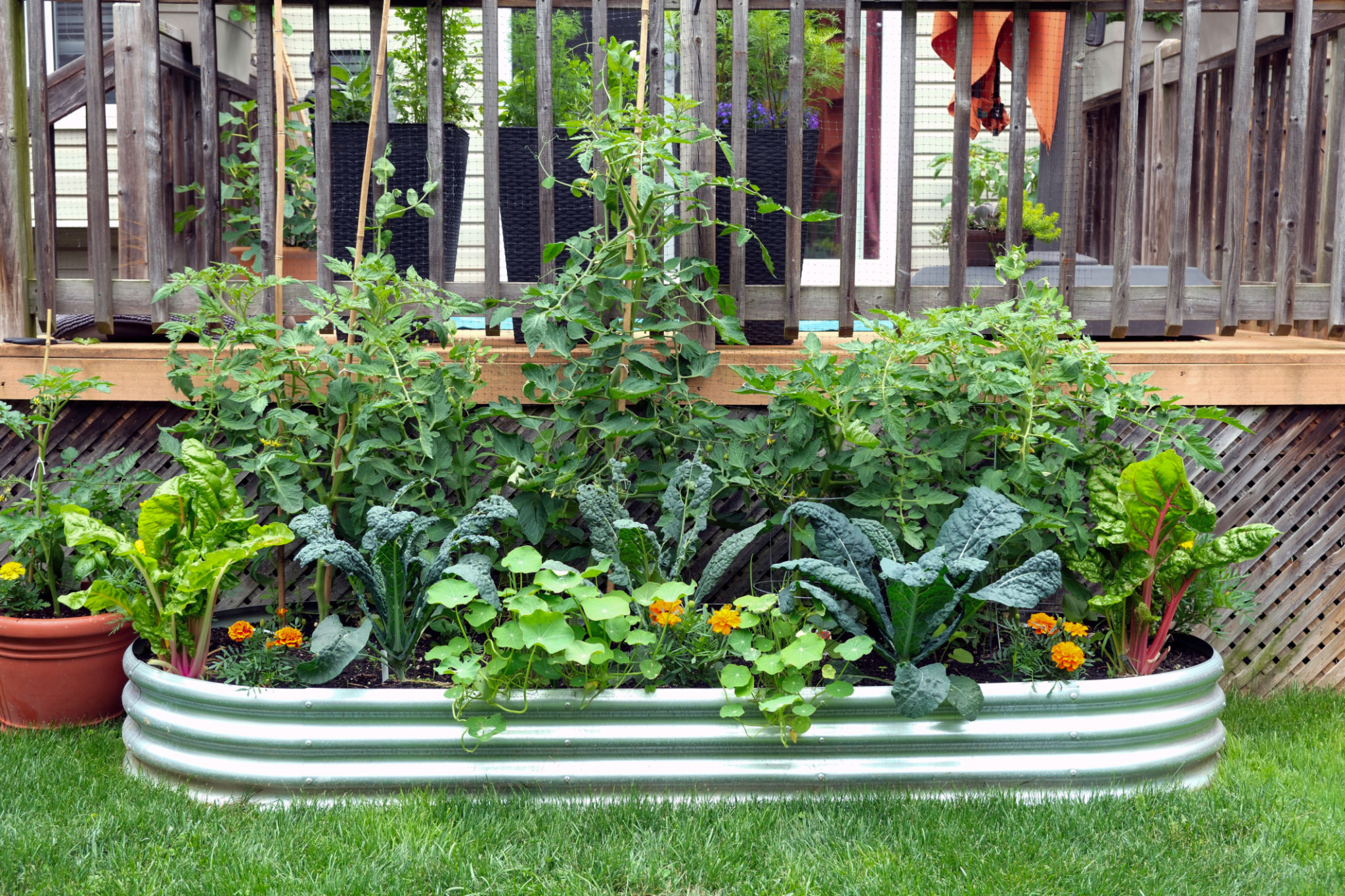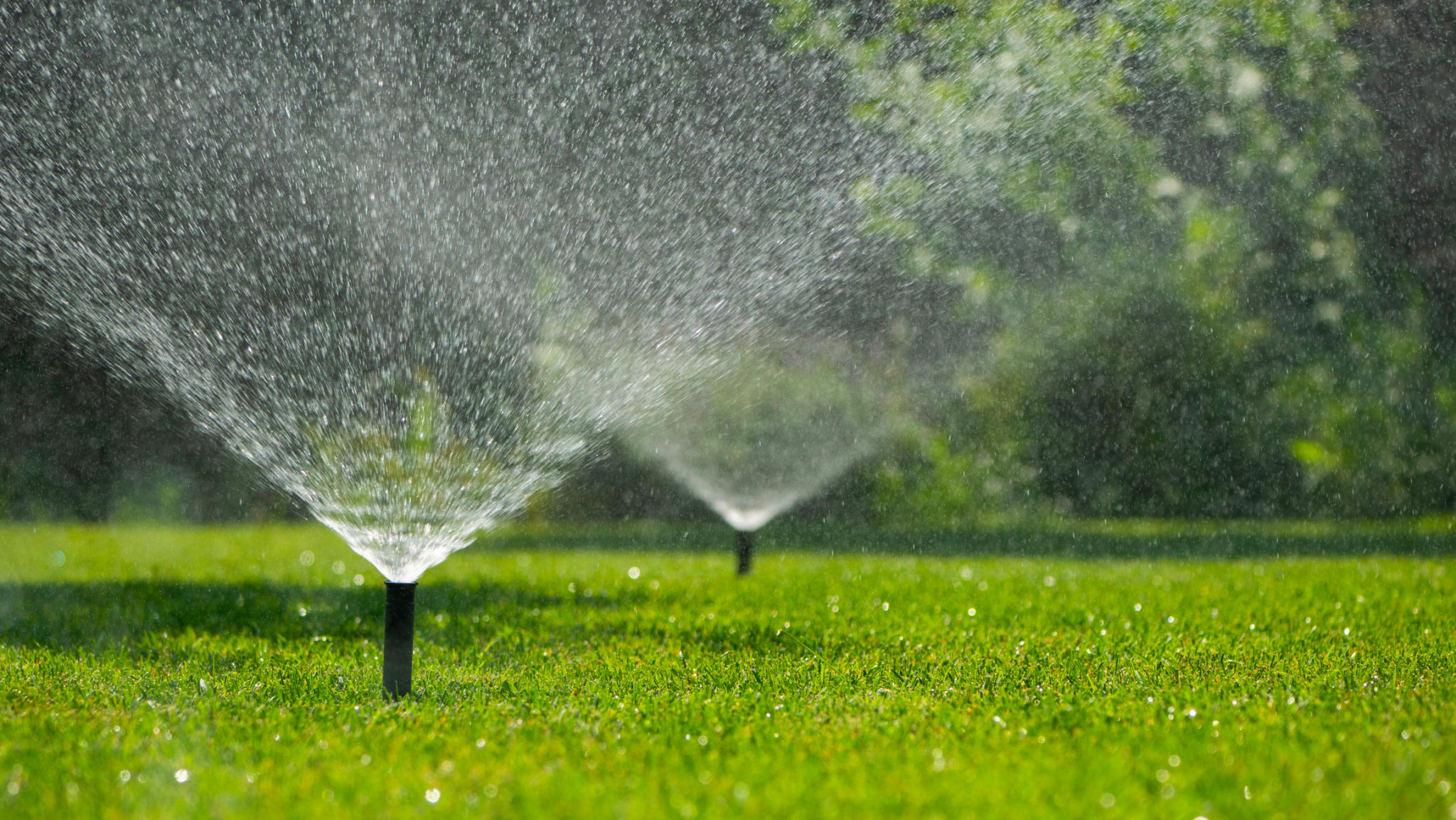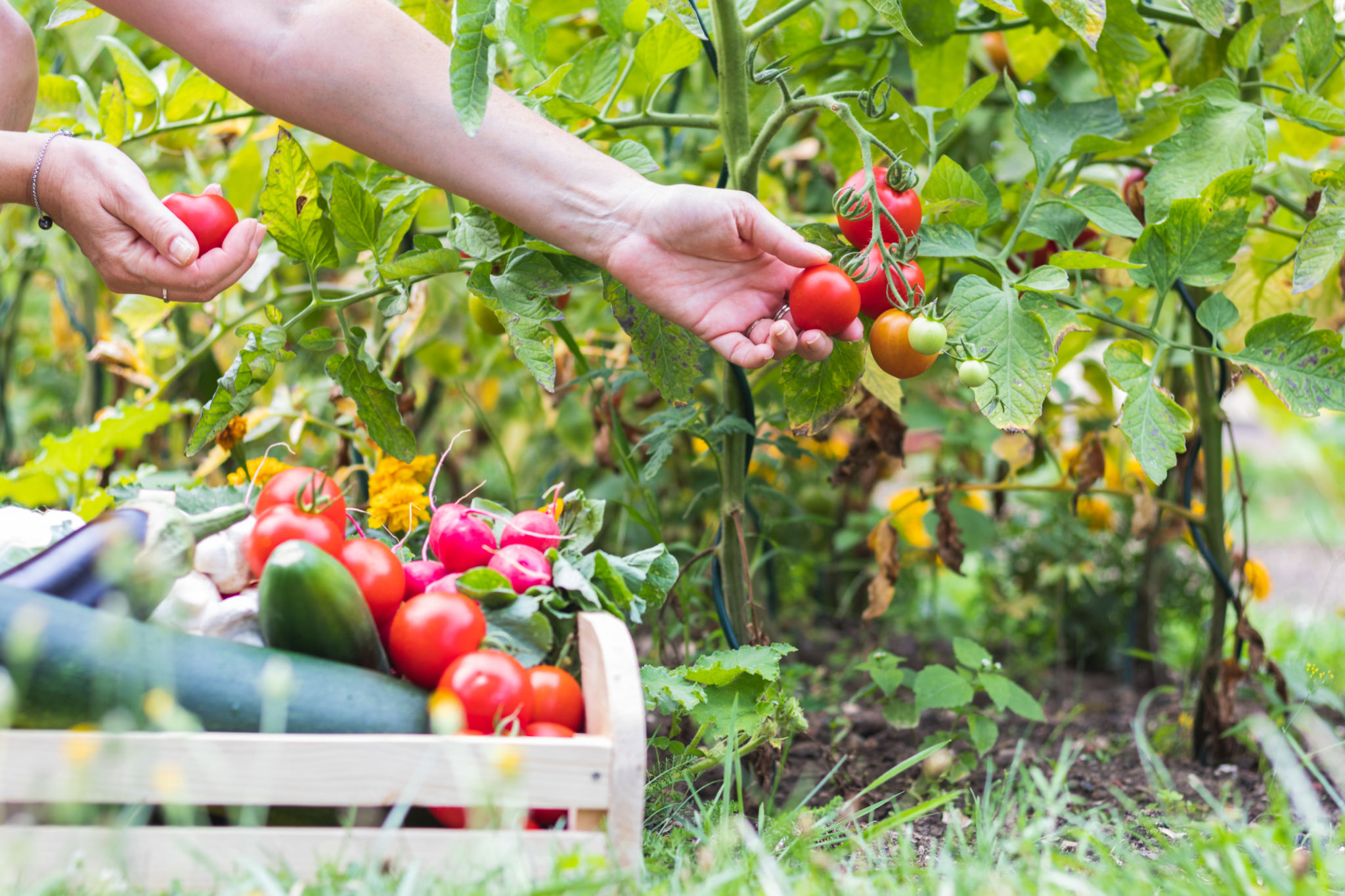Seasonal Farming Tips: Preparing for a Successful Harvest in Johannesburg
Understanding Johannesburg's Climate
Johannesburg experiences a unique climate that significantly affects farming practices. With its temperate weather, the city enjoys warm, wet summers and mild, dry winters. Understanding these seasonal variations is crucial for farmers to plan their activities effectively. The summer months, which span from October to April, are ideal for planting. However, unexpected rainfall can sometimes disrupt the process.

Soil Preparation Techniques
Proper soil preparation is fundamental for a bountiful harvest. Before planting, ensure the soil is well-aerated and free from weeds. Use a tiller to loosen the soil, which enhances root penetration and water absorption. Incorporating organic matter like compost or well-rotted manure can significantly improve soil fertility, providing essential nutrients for crops.
Testing the soil's pH level is another critical step. Most crops thrive in slightly acidic to neutral pH levels (6.0 to 7.0). If necessary, adjust the pH by adding lime to raise it or sulfur to lower it. This ensures that plants have optimal access to nutrients.
Choosing the Right Crops
Selecting crops suited to Johannesburg's climate is vital for a successful harvest. During the summer season, consider planting maize, tomatoes, and beans, which are well-adapted to the warmer temperatures and increased rainfall. In contrast, winter is suitable for growing cool-weather crops like cabbage, spinach, and carrots.

Companion Planting
Companion planting is an effective technique to enhance crop productivity and manage pests naturally. For example, plant marigolds alongside tomatoes to repel nematodes, or grow basil with peppers to improve their flavor and growth. This method not only helps in pest control but also maximizes space utilization.
Water Management Strategies
Efficient water management is essential, especially during Johannesburg's dry winter months. Implementing drip irrigation systems can conserve water by delivering it directly to the plant roots. Mulching around plants also helps retain soil moisture and suppress weeds.

Consider rainwater harvesting as an additional water source. Collecting rainwater in tanks during the wet season can provide a sustainable supply for irrigation during drier periods.
Pest and Disease Control
Monitoring and managing pests and diseases is crucial for protecting crops. Regularly inspect plants for signs of infestation or illness. Employ integrated pest management (IPM) techniques, such as introducing beneficial insects like ladybugs to control aphid populations.
Organic treatments, like neem oil or insecticidal soap, offer an eco-friendly alternative to chemical pesticides. These methods help maintain a healthy ecosystem in your farm while ensuring crop safety.
Harvesting and Post-Harvest Care
The timing of the harvest is pivotal in ensuring quality produce. Harvest crops early in the morning when temperatures are cooler to prevent wilting. Handle produce carefully to avoid bruising and damage, which can lead to spoilage.

Post-harvest care involves cleaning and storing produce correctly to extend its shelf life. Cool storage areas with proper ventilation can help keep your harvest fresh for longer periods.
Conclusion
By understanding Johannesburg's climate and employing effective farming techniques, you can prepare for a successful harvest every season. From soil preparation and crop selection to water management and pest control, each step plays a critical role in achieving an abundant yield. Embrace these tips and adapt them to your specific farm conditions for the best results.